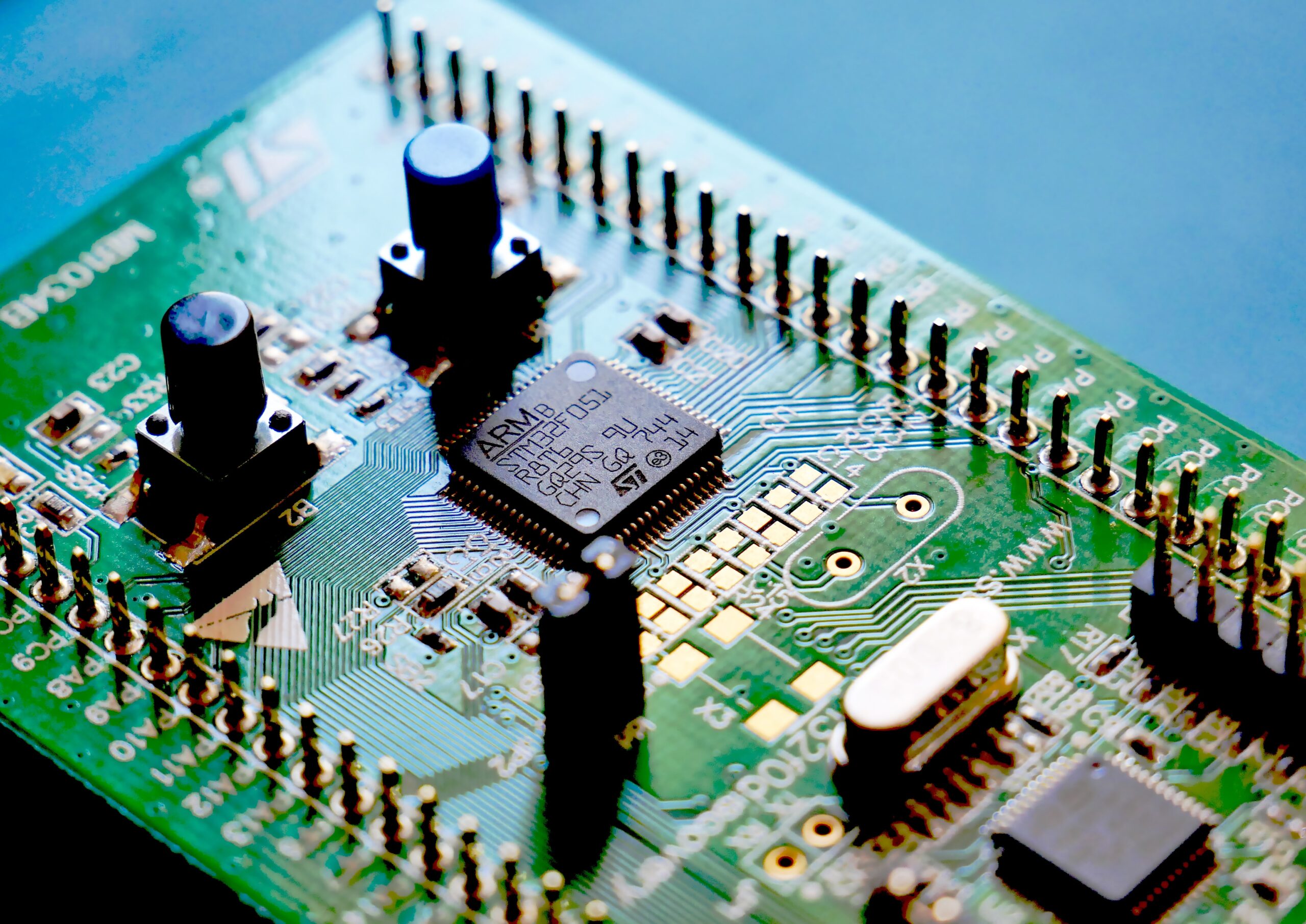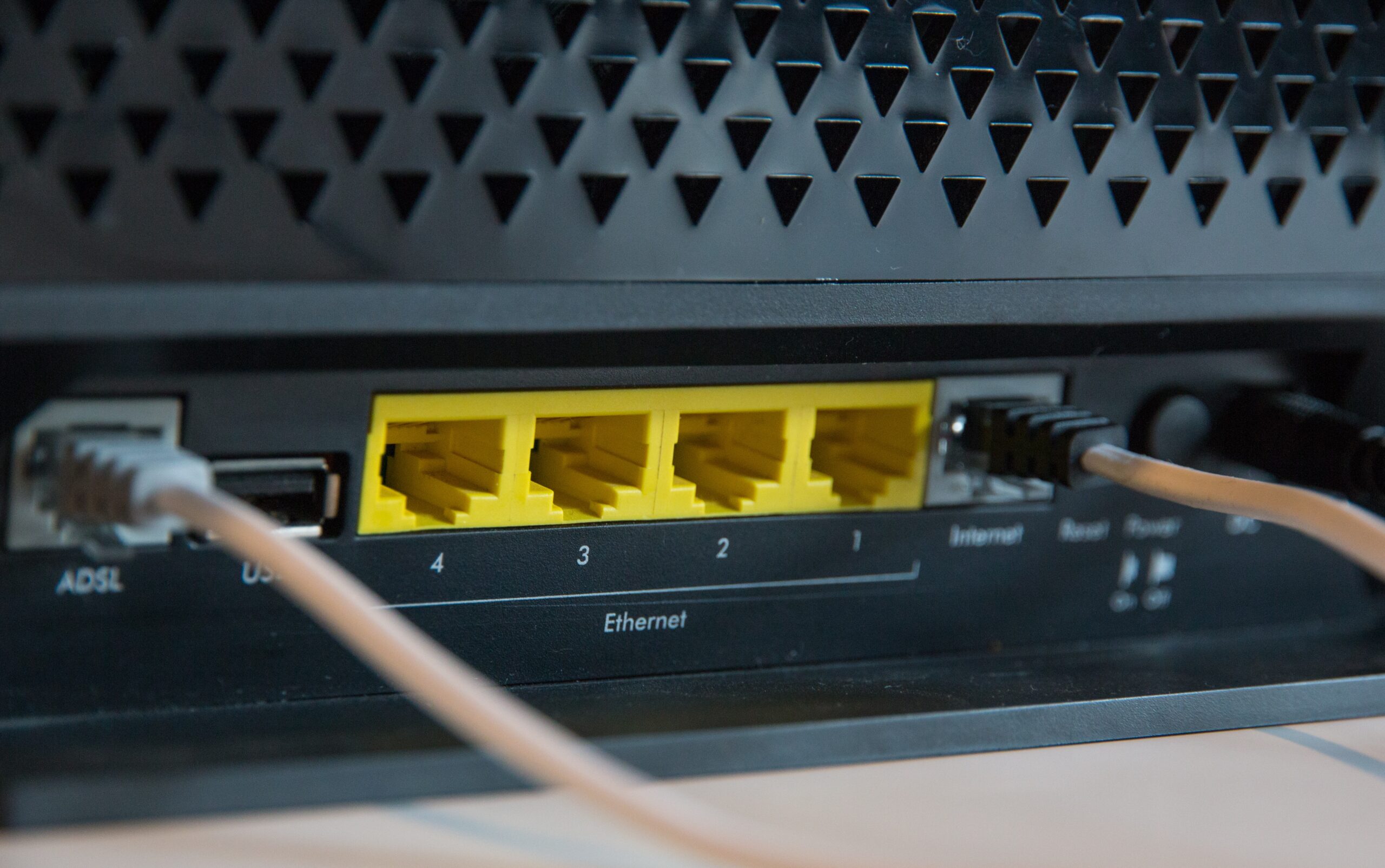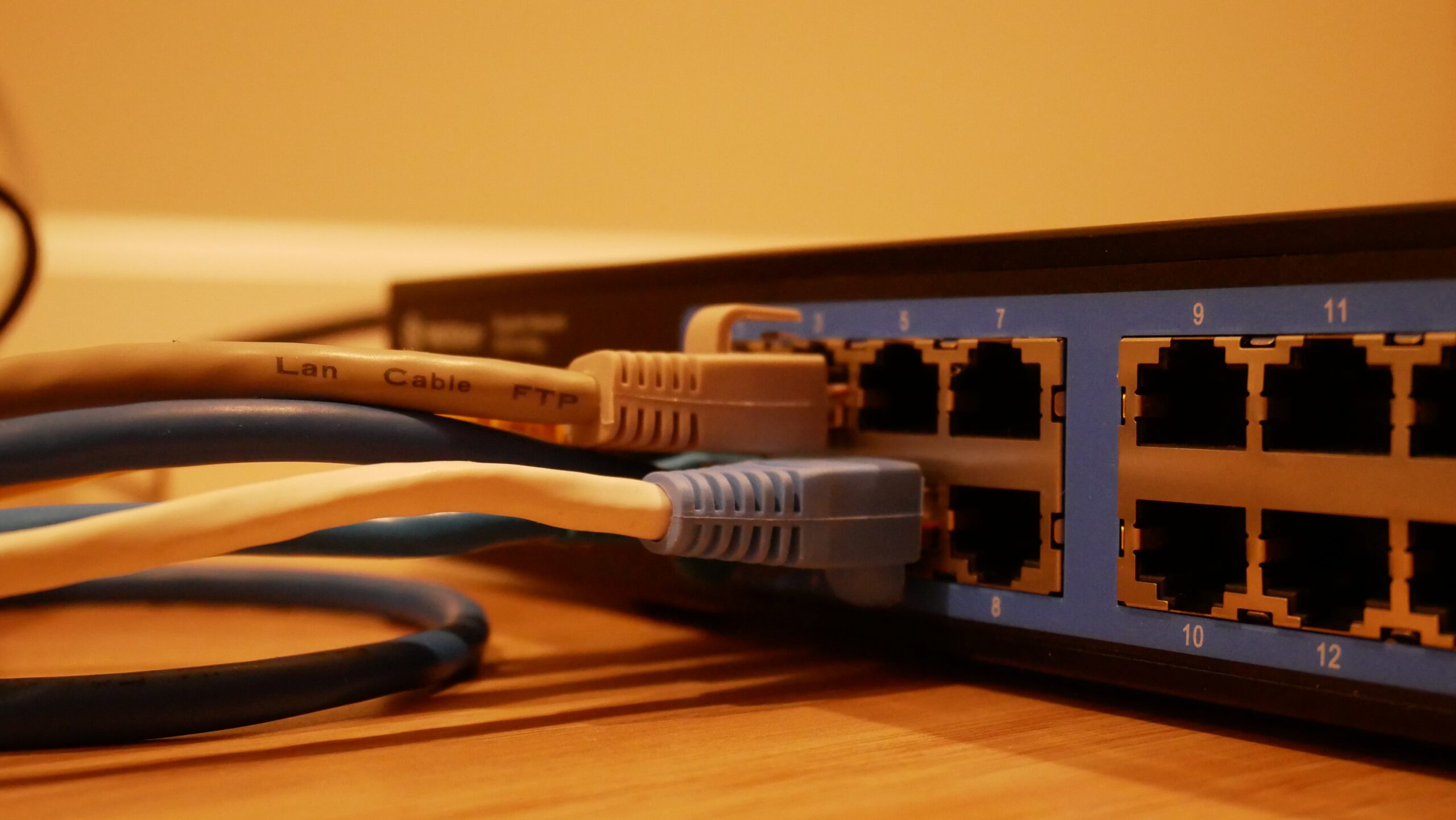A customer in the semiconductor sector needed to enable network capabilities in their multimedia station. The Open source LWIP stack had to be ported, with a driver to utilise a specific LAN peripheral device. A DNS client also needed to be integrated in the same LWIP stack for proper network communication.
The platform independent LWIP TCP/IP stack was ported and tested for an ARM-based Nucleus platform. Platform specific optimisations such as Queues were implemented instead of Mailboxes. Loopback ping support was added in the LWIP stack. These optimizations helped in improvement of TCP transfer rate, performance of the stack etc.
A LAN device driver was implemented in the stack to communicate with a specific LAN peripheral. The driver was optimised for the customer’s platform for robustness and faster performance.
Alumnus built and integrated a DNS client with the LWIP stack. Query optimization techniques such as using recursive query, local caching of previously queried data was added to save resources and enable faster turnaround. Several redundant DNS servers were maintained to ensure better uptime.
Alumnus’s solution made the device capable of streaming media over network within the client’s proprietary environment.
Technology Stack:
TCP/ IP, RTOS, Nucleus







